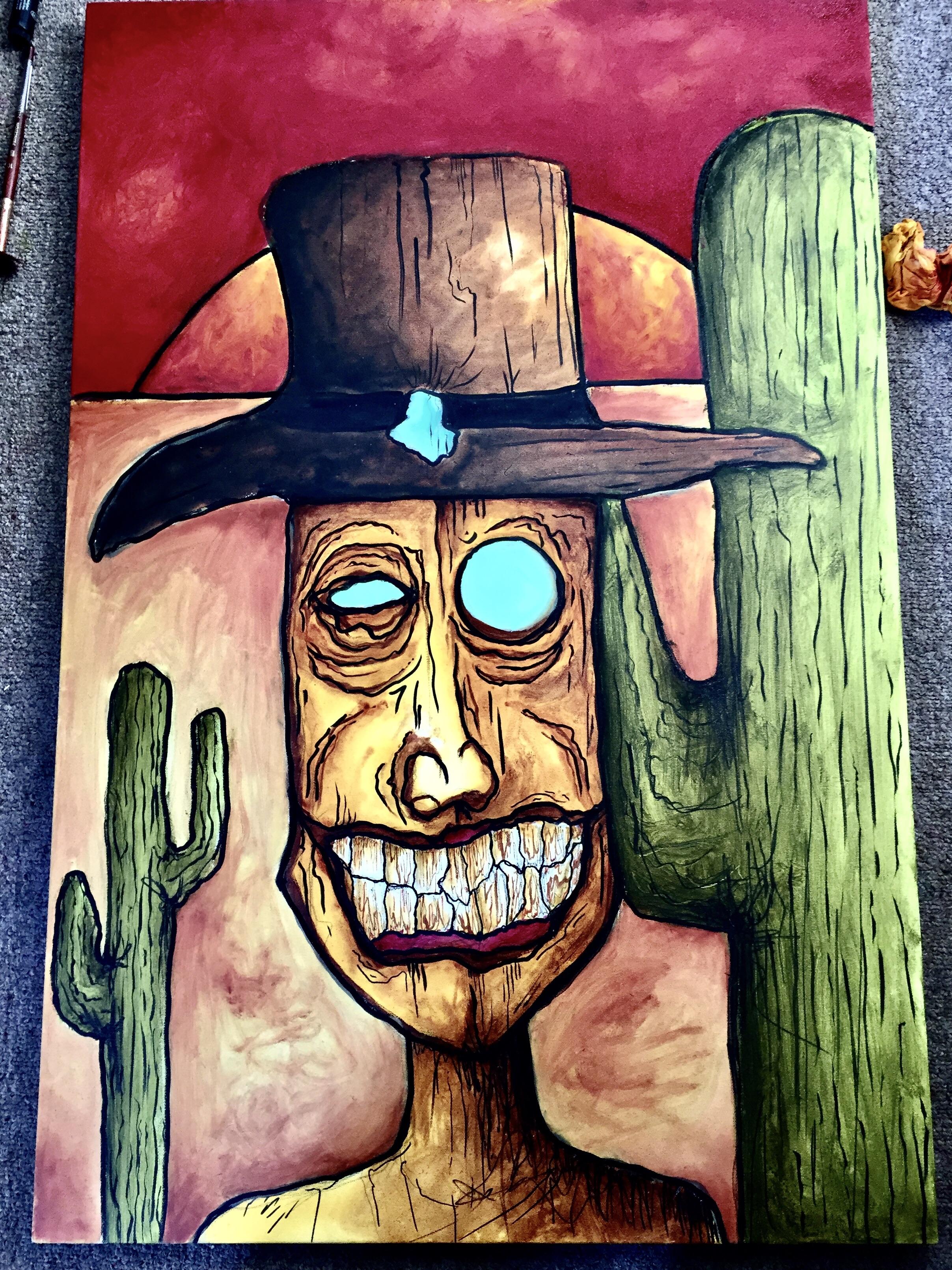I keep the details of my idiosyncrasies to myself. Folks with ADHD often tell others explicitly.
To my kindred ‘special’ people, do you tell others specifically what makes you different, or do you keep it to yourself? Why?
Sometimes yes, sometimes no. Sometimes intentionally, sometimes not. Yay is life nuanced.
I prefer to just tell people tho
Almost always, I used to be shy and bashful but I don’t have time for that shit anymore. I’ve eaten too much grief from miscommunication to care about how people will judge me - if they’re someone I want to connect with in the future they won’t judge me and if they judge me I don’t give a shit about them.
My two exceptions are 1) money is involved (I absolutely will withhold neurodivergence from potential future employers or business partners because I’ve got enough disabilities already) and 2) I’m not the primary in the social situation (an example is that I had on all my masks and even wore fucking pants to my aunt’s funeral. It was in the south and I didn’t want to cause him any trouble beyond everything he was already dealing with).
Normally, though, I wear my ADHD plastered to my fucking forehead because why the fuck not.
I just recently have been navigating telling people around me. And I love your rules. Only difference is that if I am in a professional setting I sometimes mention my “symptoms” as “personality traits” without mentioning ADHD just to manage expectations
That is extremely fair - and I was purposefully vague about what is included in the profession setting. I’m actually quite open with my fellow FTEs once I have landed a position - I’m just quiet before things are set in stone.
No, but when I realised only last year that I’m neurodivergent, I also realised that everyone else had figured it out years ago and hadn’t bothered to tell me.
deleted by creator
Not on purpose. I’ve found that making every effort to pass as normal is far more advantageous. If I have to choose between being treated like a child because I’m different vs. being disliked because people can tell I’m hiding something but not what that something is… well, I’ll take option B.
Depends on my relationship to the person, how comfortable I feel with them knowing, and if it’s in any way relevant to any conversation/goings on. If it’s not contextually relevant, I’m not going to bring it up out of nowhere.
And it would probably change significantly if I had different “conditions” than what I do have. Stuff with more negative connotations? I’d probably be more tight lipped.
I have ADHD, am medicated for (but not formally diagnosed with) anxiety and depression, and a retired autism spectrum diagnostician that I lived with for a few months was certain I fell somewhere on the spectrum.
I’m comfortable saying this shit online because I don’t know you, and my real identity isn’t tied to this online one. It’s relevant to this conversation too.
IRL:
I’m not shy about the ADHD, except in professional situations. Thay said, my boss and a handful of my coworkers know of it, because at least in my workplace and team there isn’t a stigma around it. I also work in tech, and I can pretty much guarantee that the majority of the team I’m on has some form of neurodivergence. I’m also medicated, with my symptoms fairly controlled, so it’s more used as a deprecating joke about why I document the ever living shit out of everything: “If I don’t write this down, I won’t remember this when I get back from lunch. One sec. Good ol ADHD brain.” My team members also know that I’m not the type to just joke about shit like that. Not someone who goes “lol, I’m so ADHD!”
Beyond that, friends and family know about the depression. Mostly because they were around when it was at the worst, or as I was getting myself back together, but it’s not like I’m ashamed of it or anything. Again, I’m medicated and symptoms are largely under control. If I’m talking about the time in my life that it flared up, I don’t mince words. “Yeah, I went through some years of pretty intense depression. I feel like I had legitimate reasons to feel some of what I did, but I’m glad to be out from it.” Not something I share in the workplace.
My parents and wife know of the anxiety. The anxiety probably shows without me broadcasting it (when it would be relevant). So I don’t talk about that one.
My wife is the only one who knows the potential spectrum-ness, and whatever spectrum-ness I have is relatively minor. Don’t really have reason to bring it up. So it doesn’t leave the two of us.
I guess my thinking is this:
I’m not asking other people to bear the burden of working around my idiosyncracies. I do my best to handle them as my own problems to work through. Occasionally with the help of a close friend that is willing/able to help, but normally just my wife if I absolutely need someone else helping or as a sounding board.
Most of my symptoms are tamped down to a point that I’m just odd, not a problem to be handled or worked around. I’m not ashamed of who I am, and I know who I am. But it’s also not really anyone else’s business but my own. I’ll share if it’s relevant because I’m not ashamed, but I’m not vomiting about my personal brand of weird to people I’ve just met.
The one person who has to deal with the rare instances of “my idiosyncracies are now a problem” is aware of things fully. That’s my wife. And I do what I can day after day to reduce those occasions from ever happening. Slow, constant movement towards better control and understanding of myself. Step by sometimes slow as hell fucking step.
Generally speaking I keep everything personal to myself unless it’s to my advantage because I live in America, and America destroys anything/anyone inconvenient for business, so I’m not going to give assholes the ammunition to shoot me with. So no I really don’t share my neurodivergence with people, at least not IRL.
Never. At my work it would be career suicide to identify as that and I’d open myself up to harassment and career progression issues.
I may or may not say anything depending on the situation and who the person is.
Would me saying I have hyperthymia and hyperphantasia count?
When it comes up, I prefer to just describe the symptom currently at play— e.g. “no it was funny, I’m just slow to get jokes”, or “I need to step outside, crowds stress me out”.
It’s not a big secret or anything, but I don’t want every slightly awkward moment to turn into a big conversation about my neurotype. Besides, I am how I am, it would be fine even if I didn’t have a reason. I don’t want people to tolerate me because I have a disorder to “justify” it.
Nah I don’t tell anyone unless it comes up. That said, I’m on social media and get DMs telling me I have autism accent, like multiple strangers, so I must not be subtle.
Yes. I’ve tried pretty hard to hide it, but people figure it out anyway pretty much instantly. Why bother?
People with whom I feel safe, yes. It makes things easier.









